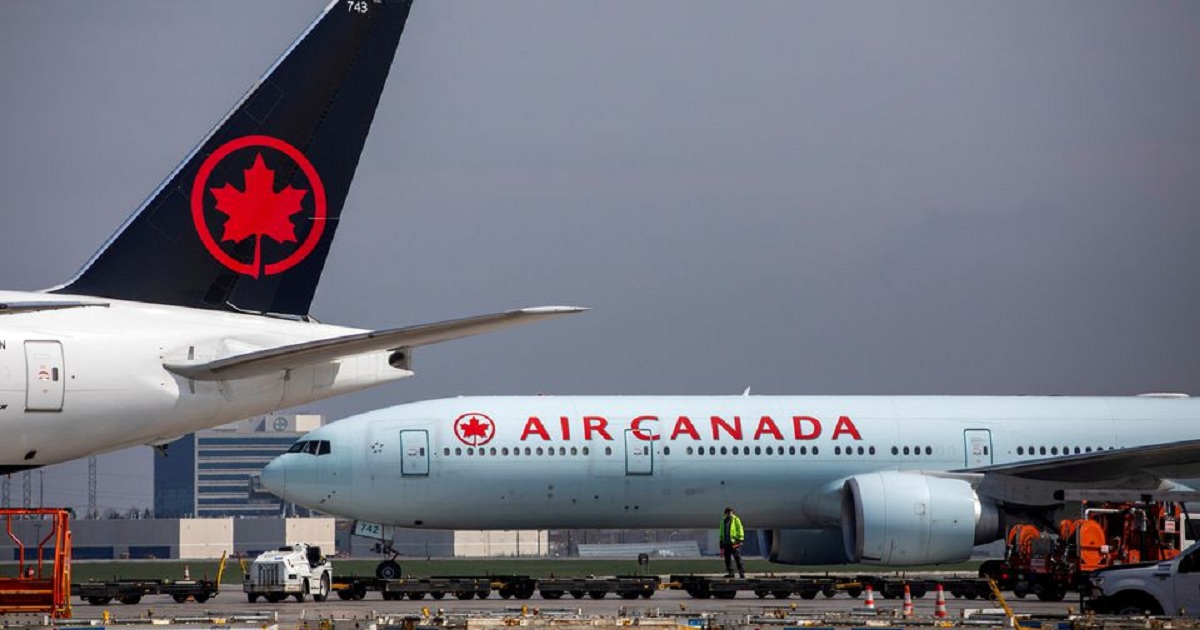Air Canada sees Increased Bookings as COVID-19 travel Restrictions are Lifted
Air Canada | July 26, 2021

After reporting a bigger quarterly loss on Friday, Air Canada projected higher bookings for domestic and US-bound flights this winter as travel restrictions ease.
Although bookings remain below pre-pandemic levels, Canada's biggest airline predicts slower cash burn as travel resumes.
"We are witnessing steadily increasing bookings for the coming winter in the domestic, trans-border, and Atlantic markets, as well as to sun destinations," CEO Michael Rousseau told analysts. "Future bookings for next winter sun travel during certain weeks in June were ahead of the same time in 2019."
After a 16-month ban due to the pandemic, Canada will allow fully vaccinated US visitors to enter the country beginning August 9.
Air Canada recorded a net cash burn of about C$8 million ($6.36 million) per day for the second quarter, lower than previously projected. However, it anticipates that figure will rise to between C$3 million and C$5 million each day in the third quarter.
Carriers are increasing flying capacity, putting downward pressure on fares in certain areas.
While domestic pricing is more difficult, "the environment is fairly steady" on international routes, according to Chief Commercial Officer Lucie Guillemette, who predicts a fall return in corporate travel.
According to the airline, cargo flights, which were introduced during the pandemic, will become a more significant part of the carrier's future.
Air Canada signed an assistance agreement with the Canadian federal government in April, allowing it to access up to C$5.9 billion in funds.
Rousseau said that the airline would determine whether or not to withdraw from the government's financial facilities later this year.
According to Refinitiv data, Air Canada lost C$3.03 per share excluding items. Analysts predicted a C$2.76 loss on average.
In the fiscal quarter ended June 30, the airline's net loss was C$1.17 billion, or C$3.31 per share, compared to a loss of C$1.75 billion, or C$6.44 per share, a year earlier.